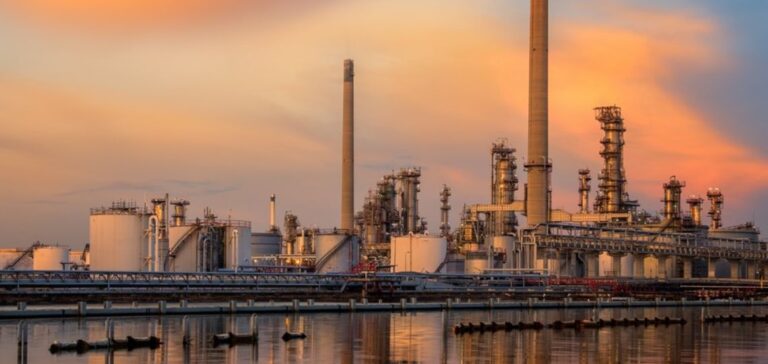Portuguese oil and gas group Galp Energia recently unveiled its financial results for the second quarter of 2024, marked by a notable 16% increase in adjusted net profit to €299 million.
This performance was achieved despite a 9% drop in hydrocarbon production, due to the withdrawal from natural gas exploration in Mozambique.
Increased refining capacity
Despite this drop in production, Galp succeeded in increasing the quantity of raw materials processed in its refineries proportionally, thus partially offsetting the fall in output.
However, EBITDA fell slightly by 7% year-on-year to €849 million for the quarter.
For the first half of 2024 as a whole,Galp’s net profit rose by 23% to 624 million euros, while EBITDA remained stable, demonstrating the resilience and adaptability of the Group’s financial strategy.
Strategic reorientation and debt reduction
Galp’s withdrawal from natural gas exploration projects in northern Mozambique, including the sale of a 10% stake in zone 4 of the Rovuma basin to Abu Dhabi National Oil Company (ADNOC) for 600 million euros, reflects the Group’s strategic reorientation.
This transaction is part of a drive to concentrate investments in other high-potential geographical areas, such as Brazil and Namibia.
In April, Galp announced the discovery of a promising deposit at Mopane, off the coast of Namibia, estimated at 10 billion barrels of oil.
This strategy has also contributed to a significant reduction in Galp’s net debt, which has fallen by 15% over the past year to €1.16 billion at the end of June 2024.
This debt reduction reinforces the Group’s financial strength and its ability to invest in high value-added projects.
Market outlook and reactions
Galp Energia’s outlook remains positive, underpinned by a targeted investment strategy and rigorous financial management.
The reorientation towards regions with high growth potential, together with cost control and optimization of refining capacities, position the Group favorably in a changing global energy context.
Market reaction was favorable, with Galp shares rising by 0.93% on the Lisbon Stock Exchange, reaching 19 euros in early morning trading.
This stock market performance reflects investors’ confidence in Galp’s ability to navigate effectively in a complex environment and maximize shareholder value.
Galp’s focus on geographic diversification and optimization of its current assets demonstrates a proactive approach to the challenges of the global energy sector.
This strategy should continue to bear fruit, reinforcing Galp’s position as one of the sector’s leaders.






















